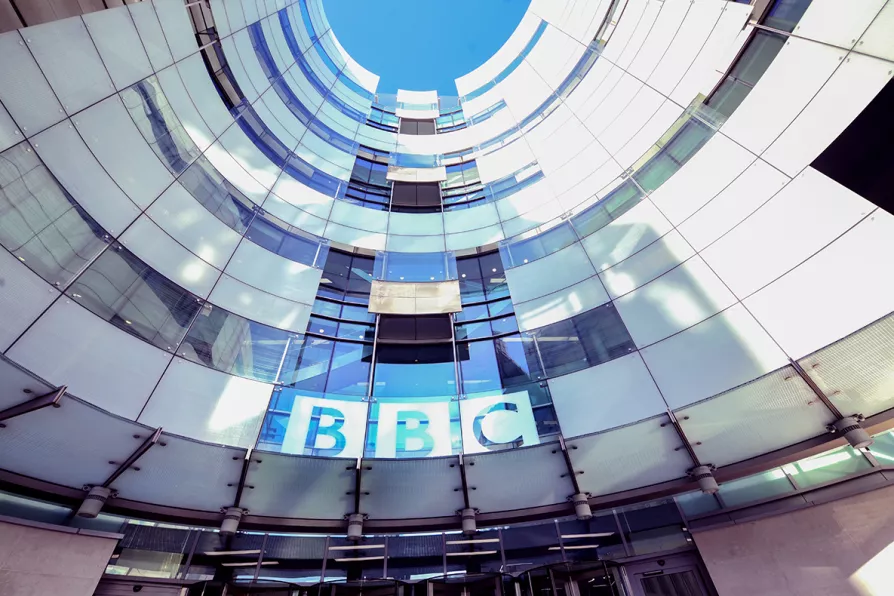Trump’s vision of ‘might is right’ signals the collapse of the postwar order — and a warning of who may be next, warns BOB ORAM

 BBC Broadcasting House in London, January 21, 2020
BBC Broadcasting House in London, January 21, 2020
DATA taken from Independent Schools Council’s 2023 census records 554,316 pupils currently attending private schools in the UK, around 5.9 per cent of all school attendees in the country.
Privately educated BBC staff now occupy at least a third of Auntie’s highest-paid posts, including ex-Tory council candidate director-general Tim Davie and chief content officer Charlotte Moore.
Davie attended Croydon’s elite Whitgift School, while Moore boarded at Grade II listed Wycombe Abbey, an independent girls’ boarding school in Buckinghamshire.

The fallout from the Kneecap and Bob Vylan performances at Glastonbury raises questions about the suitability of senior BBC management for their roles, says STEPHEN ARNELL

With the news of massive pay rises for senior management while content spend dives STEPHEN ARNELL wonders when will someone call out the greed of these ‘public service’ executives












